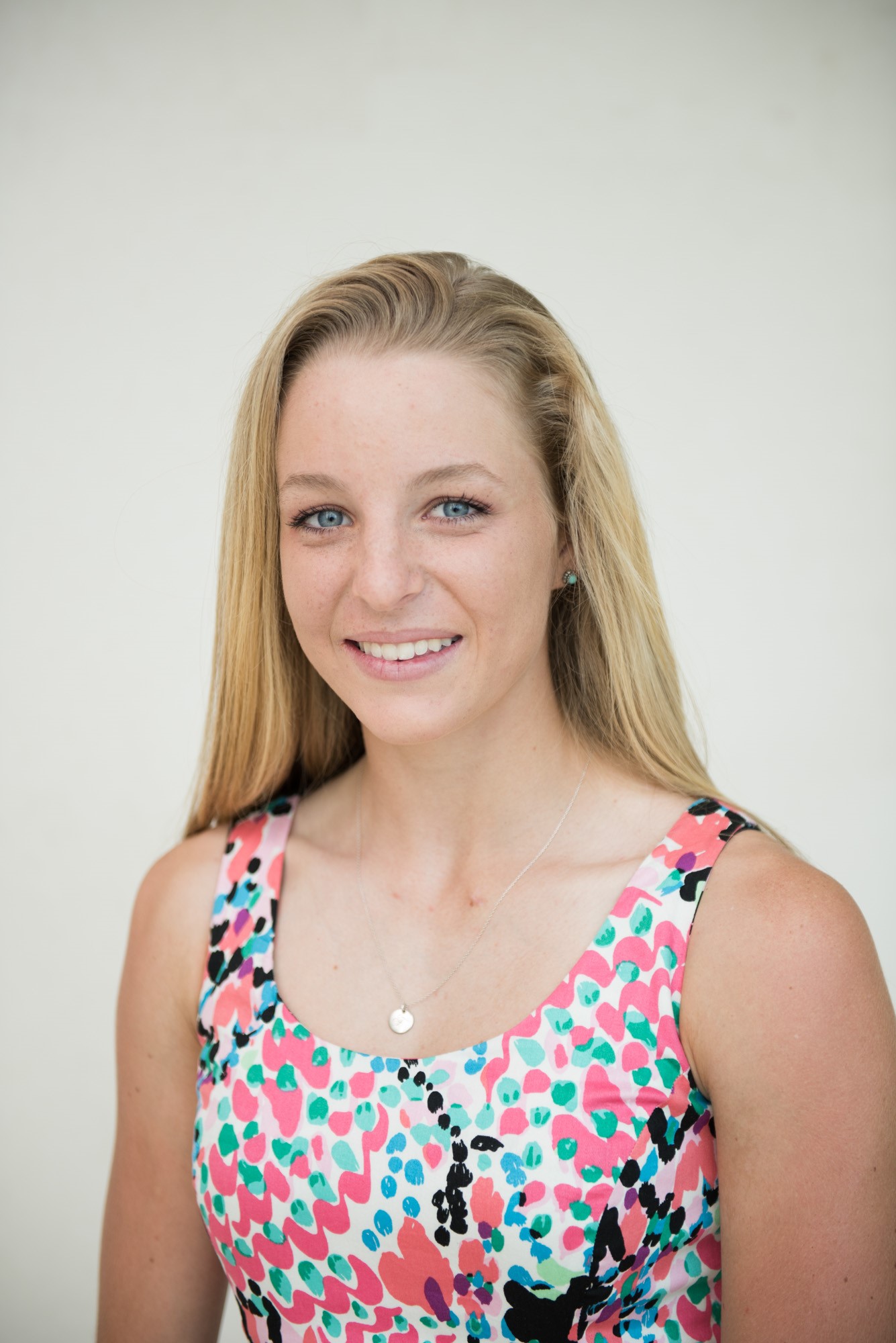
How Cayman's RBI programmes compare
By Florence Allan
11 Aug 2020

11 Aug 2020
The Cayman Islands has long been favoured by foreign real estate investors for a number of reasons; not only are the islands tax-neutral and home to a world-class financial centre, but the modern infrastructure, excellent airlift, glorious year-round weather and low crime rates provide a quality of life much higher than many other islands in the region. While Cayman does not offer a citizenship-by-investment programme, there are a number of residency options for investors looking to relocate to this British Overseas Territory.
Residency by investment in the Cayman Islands
The Certificate of Permanent Residency for Persons of Independent Means is an option for those looking to invest upwards of US$2.4 million in developed real estate. This is the only permanent residency option leading to Caymanian citizenship, as it allows investors to apply for naturalisation after five years. Further, the holder may have this permit varied to allow the right to work in the Cayman Islands.
If future Caymanian citizenship and the right to work is not a necessity, a less expensive 25-year residency permit is available. The Residency Certificate for Persons of Independent Means entitles the holder to reside in the Cayman Islands for 25 years without the right to work. The certificate may be renewed for another 25-year period. The applicant must have either a continuous source of annual income worth no less than US$144,472 without the need to work in Cayman or, (i) has opened an account with a local bank and maintains a minimum deposit of US$481,573 in assets and (ii) has invested US$1,203,932 in Cayman in developed real estate. For this permit, the holder must be physically present for at least 30 days in every calendar year.
|
Cayman Islands RBI options for real estate investors |
||
|
[nbsp] |
Certificate of Permanent Residency for Persons of Independent Means (Cayman) |
Residency Certificate for Persons of Independent Means (Cayman) |
|
Min. investment in real estate required |
US$2.4 million in developed real estate |
US$1.2 million in developed real estate |
|
Are there restrictions on foreign ownership? |
No |
No |
|
Are Alien Landholding Licenses required? |
No |
No |
|
What is the stamp duty? |
7.5% on the purchase price or the market value (whichever is higher) |
7.5% on the purchase price or the market value (whichever is higher) |
|
What other fees are applicable? |
· Legal fees and other registration costs range from 1-3% of the property value · CI$500 application fee · $100,000 certificate issue fee · $1,000 per dependant |
· Legal fees and other registration costs range from 1-3% of the property value · CI$500 application/renewal fee · $20,000 certificate issue fee · $1,000 per dependant |
|
Can the holder eventually earn citizenship? |
Yes, eligible to apply after five years |
No |
|
Min. days on island required |
One – although if the applicant intends to apply for citizenship, they may not be absent for more than 450 days in a five-year period. |
30 days in aggregate in any calendar year |
Other RBI programmes in the Caribbean
The Cayman Islands is not the only country in the Caribbean to offer residency by investment, so how do Cayman’s RBI options compare to what is offered by other countries in the region?
When comparing the minimum cost of real estate investment, the Cayman Islands’ RBI programme is on the pricier end. In order to secure permanent residency in Cayman, the initial investment is upwards of US$2.4 million in developed real estate excluding other fees. This is higher than requirements in other islands such as Anguilla or the Turks and Caicos Islands, where the minimum real estate investment to acquire permanent residency is US$750,000 and $1,000,000 respectively. Montserrat requires an even lower investment of $150,000; however, permanent residency is only possible after five years of living on the island. The Bahamas offers permanent residency to persons with property valued $750,000 and over, however the application will be fast-tracked with an investment of $1.5 million.
|
Minimum investment and fees associated with obtaining permanent residency (PR) |
|||
|
[nbsp] |
Minimum investment in real estate required for PR |
Stamp duty |
Other fees |
|
Cayman Islands |
US$2,400,000 |
7.5% on the purchase price or market value, whichever is higher |
- Legal fees: 1-3% - Application fee: $500 - Certificate Issue fee: $100,000 - $1,000 per dependant |
|
Anguilla |
US$750,000 |
5% for developed property, 6.25% for vacant land |
Transfer tax: 5% upon closing Alien Landholding License: US$400 |
|
Bahamas |
US$750,000 or US$1,500,000 for fast-tracked application |
10% |
- Registration fees: 0.5% of property value - Certificate of Registration: US$100 - Legal fees: 0.5-2% depending on property value |
|
Bermuda |
PR not available through investment |
Between 2%-7% (sliding scale based on property value) |
Legal fees: 1% for properties worth US$500,00 and 0.125% for properties worth at least US$2,000,000 |
|
Turks and Caicos Islands |
US$1,000,000 |
8% |
Legal fees: 1.5-2% depending on property value |
|
Montserrat |
US$150,000 (eligible for PR after five years) |
2.75% of the purchase price excluding contents |
- Legal fees: 2% of purchase price - Property tax: 0.05% per year - Building tax: 0.025% per year - Alien Landholding License: US$2,500 or 5% of the purchase price, whichever is greater |
However, there are other factors to be aware of as a foreign investor, such as the type of qualifying real estate. Cayman requires that the investment is made in developed real estate, while Anguilla allows the purchase or construction of property. The Bahamas allows for the purchase or construction of property; however, a permit is required for undeveloped land or properties with more than five acres. The Turks and Caicos Islands allows for the construction of a new home or the renovation of a distressed property. Bermuda has the most stringent regulations and while foreign buyers are able to purchase real estate, they are not eligible for Bermudian citizenship or residency through this purchase. Further, foreigners are not able to purchase undeveloped land in Bermuda and are only permitted to purchase condos situated in special development areas that are approved for foreign ownership.
While the Cayman Islands has no restrictions on foreign ownership of property, this is not true for all other islands in the Caribbean and potential investors should be aware of the additional permits required by some jurisdictions. The Turks and Caicos Islands is similar to Cayman in that foreign owners are not required to obtain permits of any kind to purchase property. Anguilla requires foreign buyers to obtain an Alien Landholding License prior to the purchase and there are further restrictions on the size of the property. Foreigners can only purchase up to half an acre of land (although the government will allow the purchase of larger plots on application,) are not permitted to own oceanfront properties along sandy beaches, and new builds must be at least 2,000 square feet. While the Bahamas has no restrictions on foreign ownership, a permit is required if the property is more than five acres or is undeveloped land. A permit is also required if the owner does not intend to use the property as a personal residence. Montserrat does require foreign owners to acquire an Alien Landholding License which can take up to eight weeks to approve.
There are further aspects to consider, such as the ability to apply for citizenship in these countries after a certain period of time. Cayman, Anguilla, Bermuda, the Turks and Caicos and Montserrat are British Overseas Territories and permanent residents are able to apply for British Overseas Territory citizenship after five years. Therefore, if foreign investors meet the real estate threshold to guarantee permanent residency and are lawfully resident in these countries for five years prior to the date of application, they are eligible for naturalisation. There are some important requirements for physical presence; for example, the applicant must not be absent from the island for more than 90 days in a year. The Bahamas, which is a former dependency of Britain, allows permanent residents to apply for citizenship after 10 years, with applicants required to live there for at least six years prior to the date of application.
So, how does one go about choosing an appropriate jurisdiction in which to invest? Aside from the aforementioned requirements, potential investors may wish to explore the unique attributes and quality of life indicators on offer in each country.
|
Economic indicators |
||||
|
[nbsp] |
Population |
GDP per Capita |
Government Debt |
Unemployment |
|
Cayman Islands |
65,722 |
US$85,474 (2018) |
6.4% of GDP (2019) |
3% (March 2020) |
|
Anguilla |
15,003 |
US$19,891 (2018) |
49.9% of GDP (2019) |
7.8% (2005) |
|
Bahamas |
393,195 |
US$32,217 (2018) |
66.8% of GDP (2019) |
10.4% (2019) |
|
Bermuda |
62,281 |
US$99,400 (2016) |
US$116,500,000 owed in 2018/19 |
5.2% (2019) |
|
Turks and Caicos Islands |
38,710 |
US$27,142 (2018) |
US$3,750,000 owed in 2019 |
7% (2019) |
|
Montserrat |
4,992 |
US$ 12,754 (2018) |
5% of GDP (2011) |
5.6% (2017) |
Aside from the major economic indicators outlined above, potential investors should have an idea about their personal goals for seeking residency in the region. Is the investor only seeking a new home, or is tax residency the main goal? Does the investor plan on applying for citizenship in the future? And will any physical presence requirements cause global mobility issues for the potential investor? These are all important questions to consider, and once interested investors have a strong understanding of their goals for residency by investment, it should be easier to decide which jurisdiction and immigration option is the perfect fit.

About the author
Florence Allan is a Dart Scholar and a returning intern with Dart’s business development team. She has joined various teams in Dart each summer since 2017, and before this she was a student at Cayman Prep & High School, spending her free time training for the Olympics, where she represented the Cayman Islands in sailing. While born in Scotland, Florence moved to Cayman at just six weeks old; her Scottish heritage and Caymanian upbringing offered her a truly multicultural childhood. For the past three years, Florence has been studying for her undergraduate degree in International Business Management at the University of Bristol, and she will be graduating by the end of summer 2020. Returning home for holidays is something Florence always looks forward to, as she misses her dog Archie when she is away and loves returning home to coach sailing to Cayman’s youth.